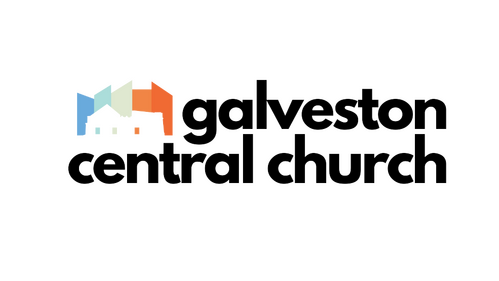safety
When I first started volunteering at Central on Tuesday/Thursday mornings, I was struck by how many of our guests were asleep. The stuffed chairs in the back of the dining room are prized spots, and there are always many more guests sleeping on the couch, chairs, or floor of the computer room than there are using the computers. They wake up when lunch is served, or if they have signed up for showers and/or laundry services, I’ll wake them when their turn comes. But many of them go right back to sleep after they eat or shower.
The reason for this pervasive sleep deprivation is that sleeping on the streets or the beach is just not safe. You need to sleep with “one eye open,” ready to respond to threats to your person or property. Even sleeping in your car, if you have one, is not conducive to restful sleep. In addition to the obvious lack of comfort and climate control and the possibility of being attacked, you have to stay ready for “the knock,” - a police officer knocking on your window telling you that you can’t sleep there.
Sleep deprivation is only one of the problems of living your life without safety, and far from the worst. Constant, low-level fear wears you down, physically and mentally. You may not even notice the fear anymore, but it eats away at you, particularly if there is no way of getting away from it, no place where you are safe.
When I was twenty-four, I was deployed to Vietnam. I was in the best shape of my life, physically and mentally. A year later, when I returned to the U.S., that was no longer the case. I had been getting weirder the longer I was there, and didn’t even realize it, because everybody around me was as tightly wound as I was.
Luckily, the Army realized the importance of getting us out of the danger for a while, so we got in-country R&R in safe places and a week of out-of-country liberty in our choice of Hawaii or Australia or Hong Kong. Central can’t send our guests to Hawaii, but on Tuesday, Thursday and Sunday mornings we do provide them a safe place to rest and recuperate.
From my point of view, it may be the most important thing we do.
The reason for this pervasive sleep deprivation is that sleeping on the streets or the beach is just not safe. You need to sleep with “one eye open,” ready to respond to threats to your person or property. Even sleeping in your car, if you have one, is not conducive to restful sleep. In addition to the obvious lack of comfort and climate control and the possibility of being attacked, you have to stay ready for “the knock,” - a police officer knocking on your window telling you that you can’t sleep there.
Sleep deprivation is only one of the problems of living your life without safety, and far from the worst. Constant, low-level fear wears you down, physically and mentally. You may not even notice the fear anymore, but it eats away at you, particularly if there is no way of getting away from it, no place where you are safe.
When I was twenty-four, I was deployed to Vietnam. I was in the best shape of my life, physically and mentally. A year later, when I returned to the U.S., that was no longer the case. I had been getting weirder the longer I was there, and didn’t even realize it, because everybody around me was as tightly wound as I was.
Luckily, the Army realized the importance of getting us out of the danger for a while, so we got in-country R&R in safe places and a week of out-of-country liberty in our choice of Hawaii or Australia or Hong Kong. Central can’t send our guests to Hawaii, but on Tuesday, Thursday and Sunday mornings we do provide them a safe place to rest and recuperate.
From my point of view, it may be the most important thing we do.
Recent
Archive
2025
September
October
December
2024
2023
January
August
September
November
December
Categories
no categories
